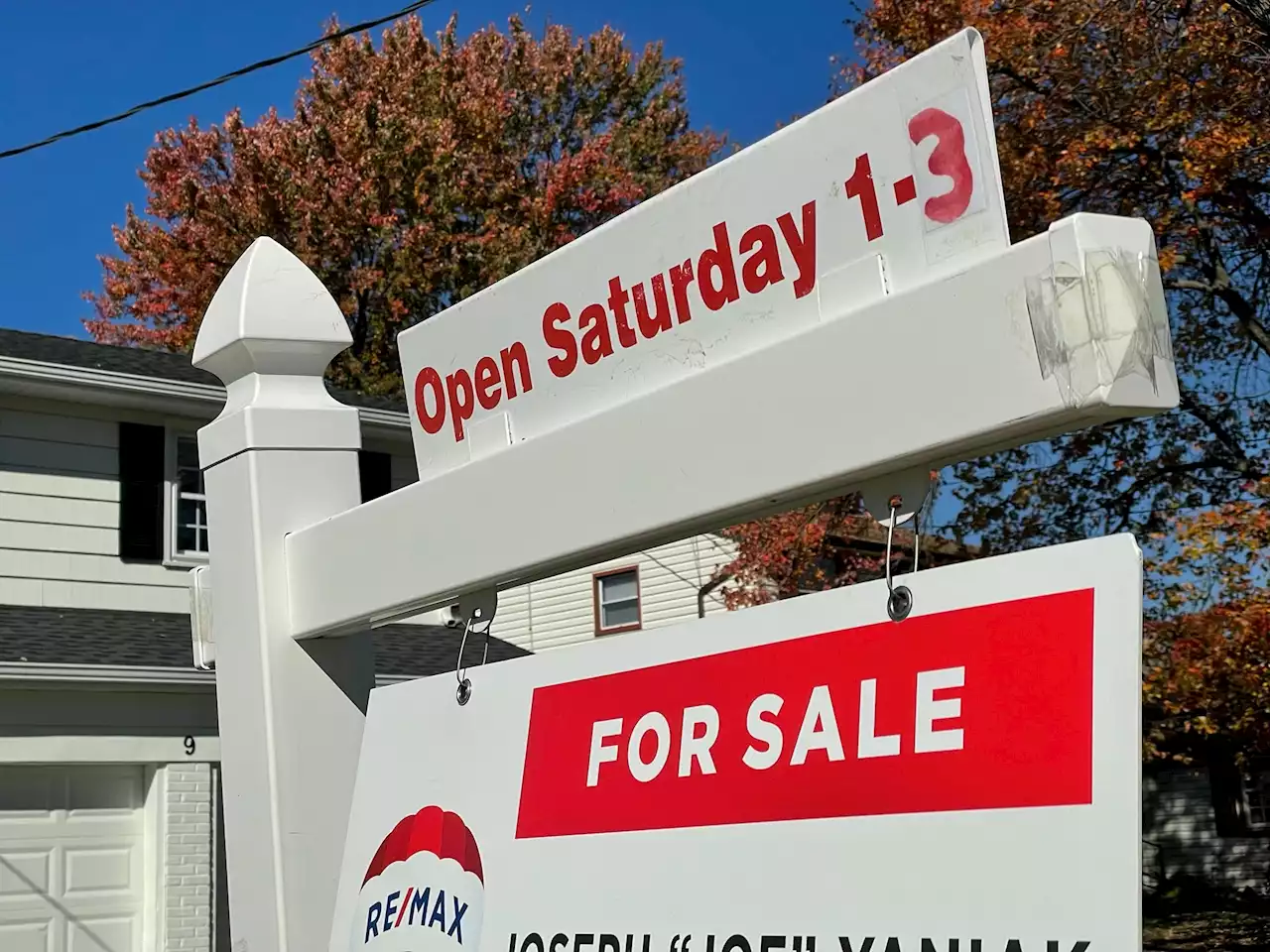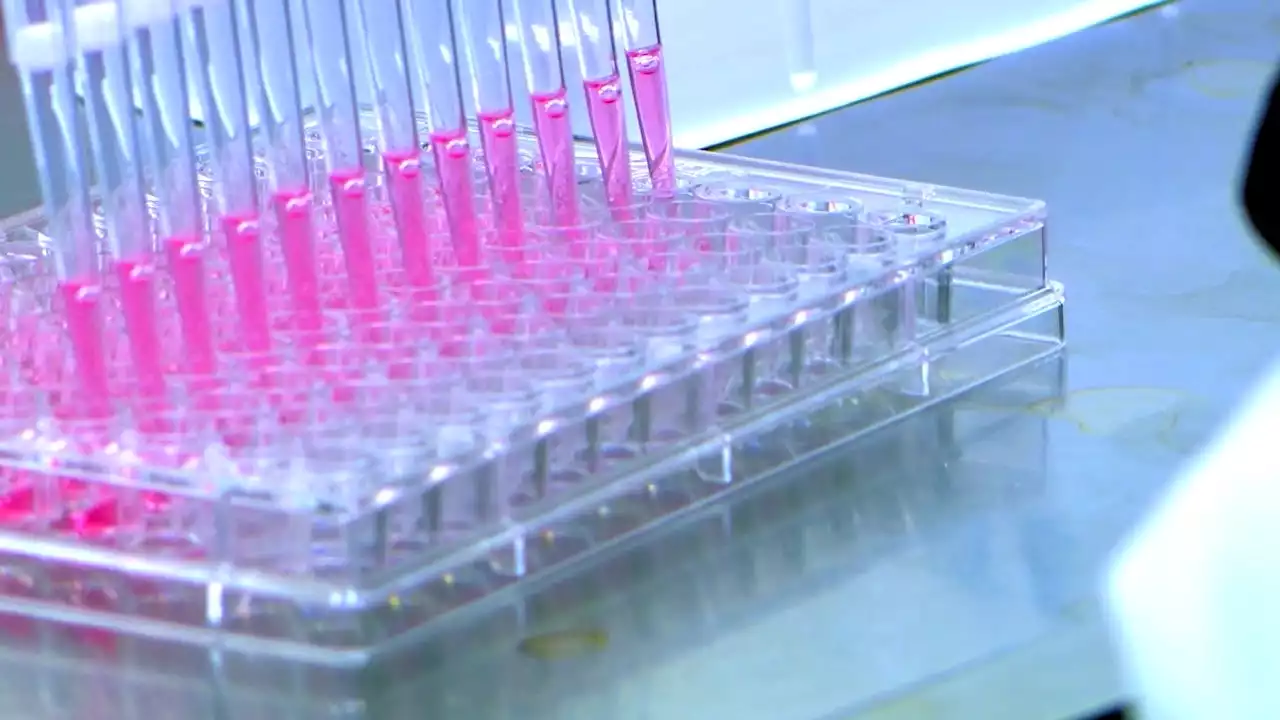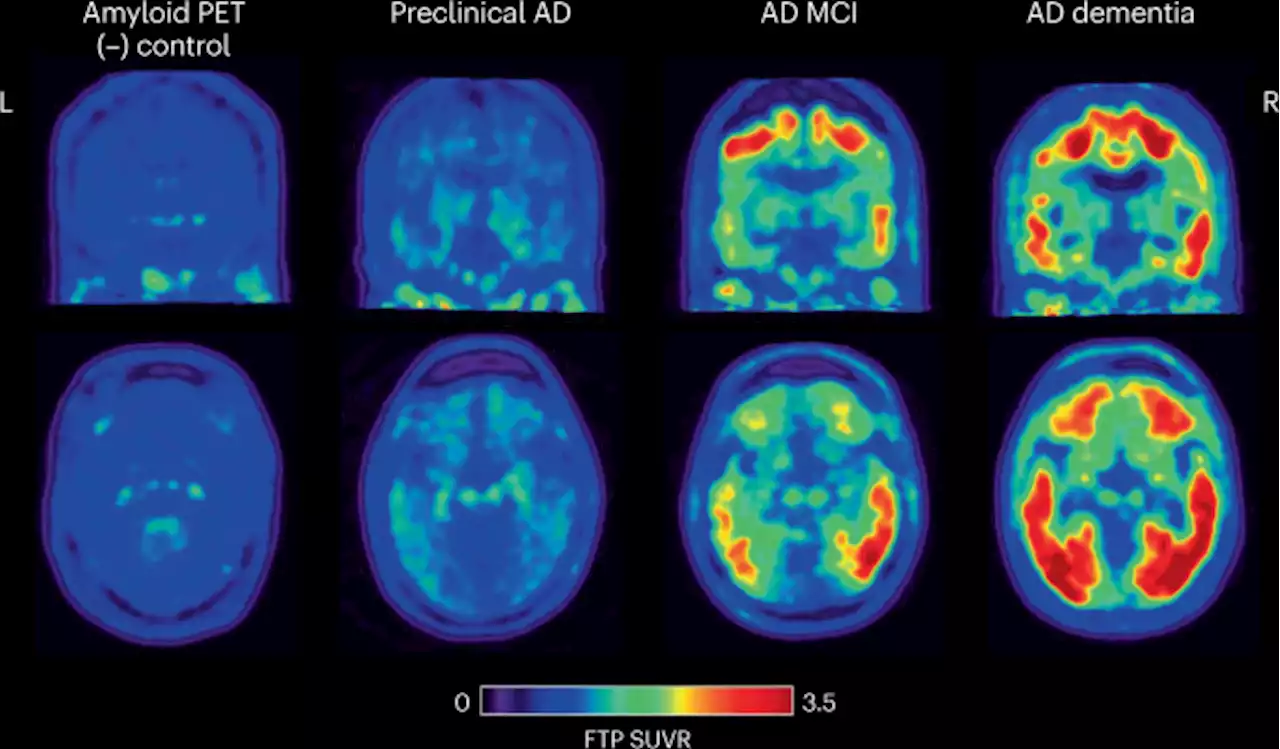Maddie Niles stumbled on an existing drug that changed her life forever. How many other rare disease treatments are sitting unused on the shelf at the local pharmacy?
Seventeen-year-old Maddie Niles has a rare metabolic disease with no name, no known cause, and — at least for most of her life — no clear treatment plan. By the time she was in second grade, she was dependent on a wheelchair and a central line that fed her fluids and nutrients.
One of Maddie's doctors did a routine switch of medicines for a recurring symptom: kidney stones. Within a week or two of starting that medication, Maddie started to feel better than she had in a while. She had more energy and could concentrate for longer periods of time. "Imagine a field of medicine where, every Friday, you've got 10 new diseases to learn about," says Summar, whose lab works on devices and treatments for patients with genetic and biochemical diseases.
Government incentives have helped , but basic logistics make it hard to develop drugs for a population that may be very small and spread all around the world. Even if you can get traction in research and development, the wait can be 10 to 15 years — and it can cost $1 billion or more.David Fajgenbaum, MD, an assistant professor of medicine at the University of Pennsylvania, believes there's an easier answer.
As with Maddie, the drug had a profound effect. Since then — about 9 years ago — Fajgenbaum has been in near perfect health and the drug has saved the lives of others with the disease. Recently, through a partnership with Penn State University, Every Cure used its powerful software to look for connections between each of 3,000 FDA-approved drugs and approximately 12,000 diseases. The result was 36,000,000 ranked scores. The top hits look very promising, Fajgenbaum says, and the team is going through them to identify promising opportunities for further study.
How many other existing drugs could have similarly broad uses? Like Fajgenbaum at Every Cure, Colvis and her team at NCATS want to find out. Her team is building a tool called the Biomedical Data Translator, that, like Every Cure, aims to forge connections among vast pieces of information in the hope of finding viable treatments.work. And it won't be able to predict all the potential dangers. That's where further research is key. Still, she sees incredible promise.
Still, Niles is wary of easy answers."What worked for Maddie isn't a 'wonder drug' that will fix everyone. It's a missing piece in her puzzle. I've seen the desperation in families with rare disease. I've seen people make the poor choice to just try treatments themselves — sometimes causing serious setbacks."
Hiring domestic help for these kinds of tasks is mostly not covered by insurance, leaving the bulk of this essential work to the parents, says Annie Kennedy, policy chief at the EveryLife Foundation for Rare Diseases.Before Maddie's birth, Cheryl Niles had worked as a computer engineer and was expecting to return to work. But over time, it became clear that juggling Maddie's multiple medical needs, including appointments, hospitalizations, and homeschooling, made that impossible.
And it was just the beginning. When the Nileses couldn't find enough qualified nurses to cover all the hours needed to keep up Maddie's complex medication program during her school day, the insurance company responded by cutting coverage. For several weeks, Cheryl Niles filled that role with her know-how from performing those duties at home.
Argentina Últimas Noticias, Argentina Titulares
Similar News:También puedes leer noticias similares a ésta que hemos recopilado de otras fuentes de noticias.
 Mom of 2 survives PPCM heart failure after giving birth, warns of rare disease targeting womenJust days after giving birth to her firstborn in June 2019, Anne Hutchison feared for her life as her heart began to fail due to her diagnosis of Peripartum cardiomyopathy or PPCCM.
Mom of 2 survives PPCM heart failure after giving birth, warns of rare disease targeting womenJust days after giving birth to her firstborn in June 2019, Anne Hutchison feared for her life as her heart began to fail due to her diagnosis of Peripartum cardiomyopathy or PPCCM.
Leer más »
 US: Existing Home Sales drop by 3.4% in April vs. 0.1% expectedExisting Home Sales in the US dropped by 3.4% in April to an adjusted annual rate of 4.28 million, the National Association of Realtors (NAR) reported
US: Existing Home Sales drop by 3.4% in April vs. 0.1% expectedExisting Home Sales in the US dropped by 3.4% in April to an adjusted annual rate of 4.28 million, the National Association of Realtors (NAR) reported
Leer más »
 Existing home sales slide again in April amid inventory woes, high pricesSales of previously owned homes fell 3.2% in April from the prior month due to limited housing supply, according to the National Association of Realtors.
Existing home sales slide again in April amid inventory woes, high pricesSales of previously owned homes fell 3.2% in April from the prior month due to limited housing supply, according to the National Association of Realtors.
Leer más »
 Existing-home sale prices fall at the sharpest annual pace in a decadeExisting-home sales in April saw their sharpest price decline in over a decade, reflecting the first significant year-over-year decline in housing prices, which remained high even as the broader housing market slowed down due to higher borrowing costs.
Existing-home sale prices fall at the sharpest annual pace in a decadeExisting-home sales in April saw their sharpest price decline in over a decade, reflecting the first significant year-over-year decline in housing prices, which remained high even as the broader housing market slowed down due to higher borrowing costs.
Leer más »
 Alzheimer's Disease: UArizona researchers using AI technology to spot and treat the illnessA human brain is a very complex organ, and when Alzheimer's Disease moves in, the disease is devastating and fatal. A researcher at the University of Arizona, however, is hoping to change that, and he is using the power of artificial intelligence to identify the disease's cause, as well as potential drug targets.
Alzheimer's Disease: UArizona researchers using AI technology to spot and treat the illnessA human brain is a very complex organ, and when Alzheimer's Disease moves in, the disease is devastating and fatal. A researcher at the University of Arizona, however, is hoping to change that, and he is using the power of artificial intelligence to identify the disease's cause, as well as potential drug targets.
Leer más »
 Silencing tau to treat early Alzheimer’s disease - Nature MedicineAn ASO therapy reduced tau levels in patients with AlzheimersDisease in a phase 1b trial, but whether this translates to clinical improvement remains to be seen. Read the News and Views from Peter Ljubenkov & Gil Rabinovici RabLab_UCSF UCSFMedicine
Silencing tau to treat early Alzheimer’s disease - Nature MedicineAn ASO therapy reduced tau levels in patients with AlzheimersDisease in a phase 1b trial, but whether this translates to clinical improvement remains to be seen. Read the News and Views from Peter Ljubenkov & Gil Rabinovici RabLab_UCSF UCSFMedicine
Leer más »
